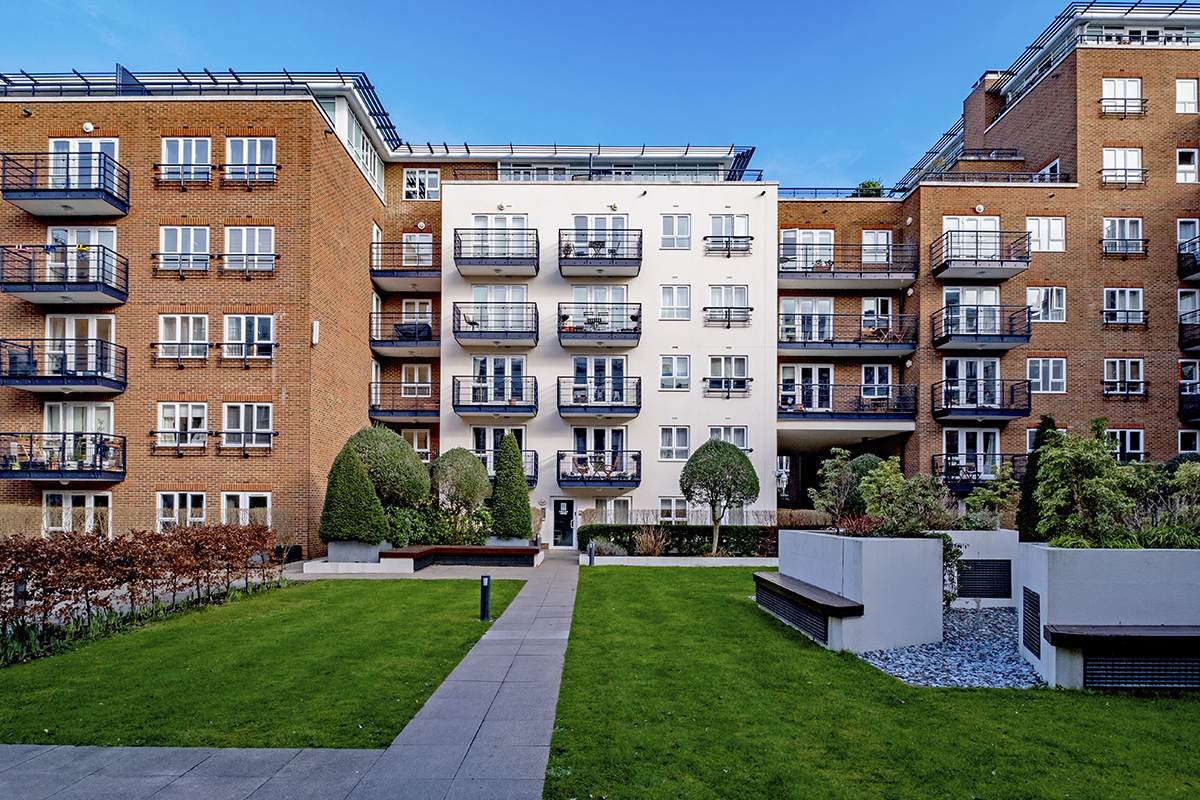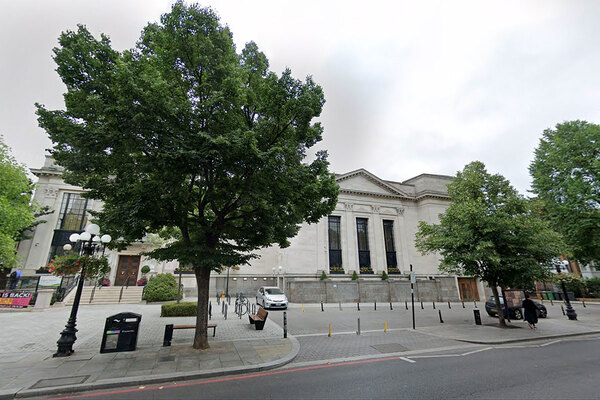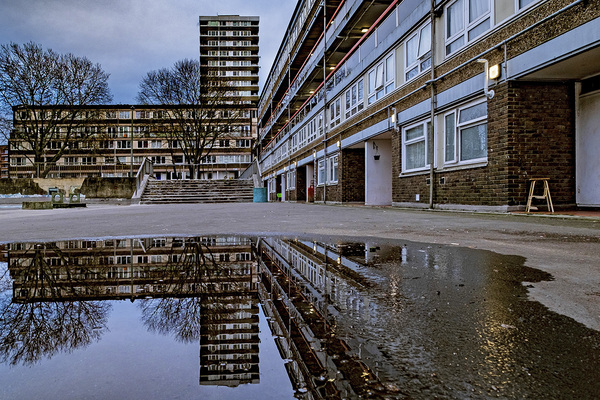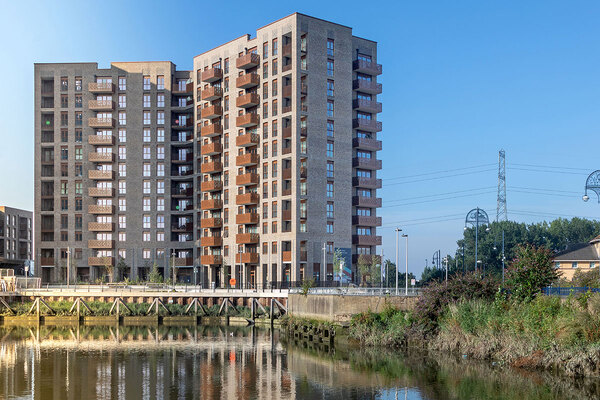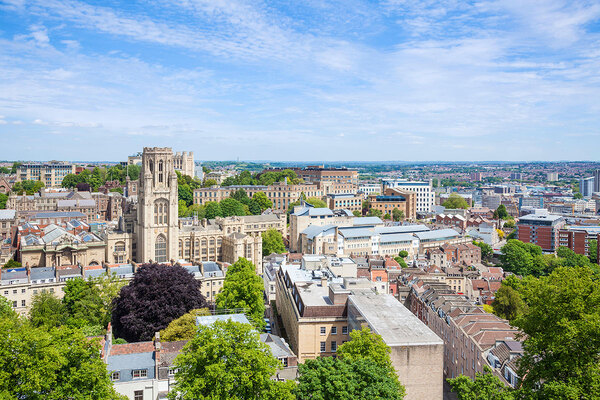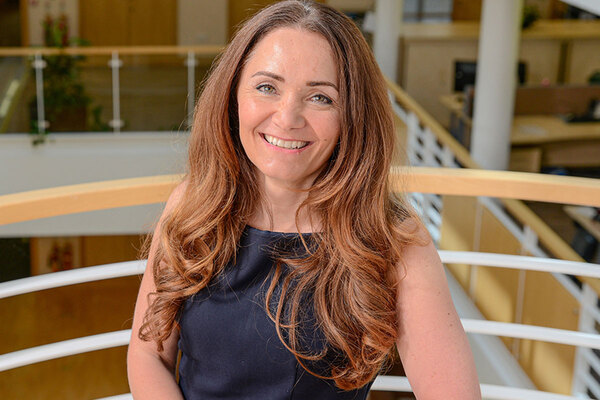You are viewing 1 of your 1 free articles
Raising HRA threshold could unlock 88,000 new council homes, report finds
Raising the threshold at which councils must set up a Housing Revenue Account (HRA) could enable an additional 88,000 council homes to be built, according to a report from the District Councils’ Network (DCN).
The local government body, which represents 164 smaller councils, said “complicated bureaucracy” was required to oversee large-scale council housing construction.
This system “piles administration costs” onto councils that would “otherwise be enthusiastic social housing builders”.
Currently, councils must set up a separate management system when they have 199 homes. The report argued that this threshold should be raised to 999 homes to encourage more building without the expense and complexity of setting up an HRA.
District councils own 390,000 social homes, or 25% of all council-owned social housing. They cover a smaller area than county councils and are also responsible for services such as planning applications and rubbish collection. The government has proposed merging district and county councils into unitary councils to “avoid duplication”.
Social home completions in the 164 district council areas stood at just 9,866 in 2023-24, while the social housing waiting list in these areas has risen to a total of 303,000 households. The Right to Buy scheme has led to the loss of 10,560 council homes in district areas since 2018.
The report also claimed that an extra 8,300 affordable homes could be built annually in rural areas by closing “planning loopholes” such as permitted development rights, which allow developers to side-step commitments to include affordable housing in new developments.
It recommended that financial assessments of developments are reviewed throughout construction, not just at the planning stage, to ensure more affordable homes are delivered if projected profits rise.
In addition, it said 8,688 empty properties could be brought back into use at just 10% of the cost of new-build housing by giving councils greater powers and funding to take action, including stronger controls on holiday lets through registration and planning.
Finally, the report recommended the creation of a digital platform to help social housing tenants to downsize, matching tenants to appropriately sized accommodation and freeing up larger homes for families.
Hannah Dalton, housing spokesperson for the DCN, said: “The current government requirement to set up a complicated and expensive bureaucracy if a council has more than 200 homes thwarts many from building new council homes. If the threshold to set up an HRA was raised to 1,000 homes, the potential exists to build 88,000 new homes.
“We need the teeth to force developers to honour commitments to include affordable homes in developments and the ability to take on empty homes. Such measures can bring about a step change in ending the housing crisis across England.”
Matt Downie, chief executive of homelessness charity Crisis, backed the report. He said: “It’s crucial that the Westminster government takes note of these recommendations for both its cross-departmental strategy to end all forms of homelessness and its long-term housing plan, as these are the changes we need to see so that everyone has a safe place to call home.”
Two-thirds of councils are at risk of being unable to set a balanced housing budget by the next general election.
A Ministry of Housing, Communities and Local Government spokesperson said: “This government will deliver 1.5 million homes as part of our Plan for Change, including the biggest social housing boost in a generation, and we will work with councils to achieve this.”
This plan involves injecting £69bn of funding into council budgets across England.
The spokesperson added: “We know that local government has suffered from years of short-term decisions, which is why we have already set out important steps to help them deliver the homes we need.
“That includes overdue reforms to the Right to Buy scheme and an extra £500m for the Affordable Homes Programme, and we will soon set out further measures.”
Sign up for our Council Focus newsletter
Already have an account? Click here to manage your newsletters
